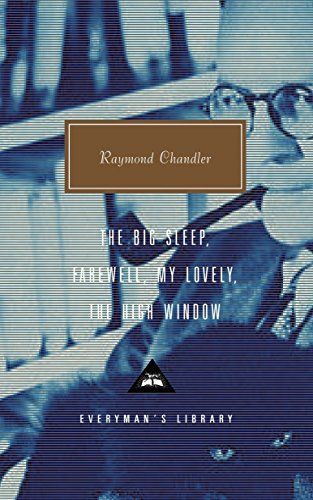
Reviews
Tanishq Khandelwal@tanishq
Gavin@gl
Janice Hopper@archergal
Alyssa deRaad@aderaad
brendan sudol@bren
Trever@kewlpinguino
Fraser Simons@frasersimons
Shannon Arputharaj@shannonarputharaj
Nooshin@nooshin
B.H. Pitt@bhpitt
Simon Elliott Stegall@sim_steg
Mayra Melo@mayramelo
Daryl Houston@dllh
Tejas Bhatt@space_dacait
Angelica Garcia@sincerelyyoursangelica
elle@inconnue
Rebecca Lysaght@hattails
Lucas Dietrich@anteante
Sarah Christine Gill@Gilly
Patrick Book@patrickb
Az @bananas2
Brendan @bwbrewster
envee@wutheringshelves
Malcolm Reddoch@mreddoch
Highlights
Sarah Christine Gill@Gilly
Sarah Christine Gill@Gilly
Sarah Christine Gill@Gilly
Sarah Christine Gill@Gilly